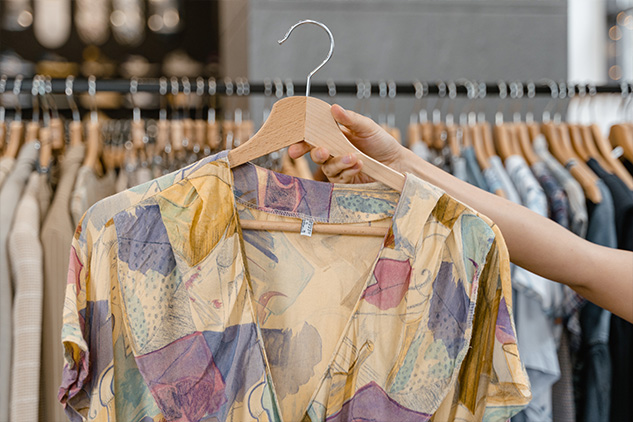
From trash to treasure: give where you live
If you’ve ever tried to declutter your place, you may have found yourself a little unsure about where to find the best homes for your pre-loved items.
Posted on: July 10, 2020
Maximise your recycling by getting to know what can and can’t go in your yellow lid bin at home, and what to do with those other items.
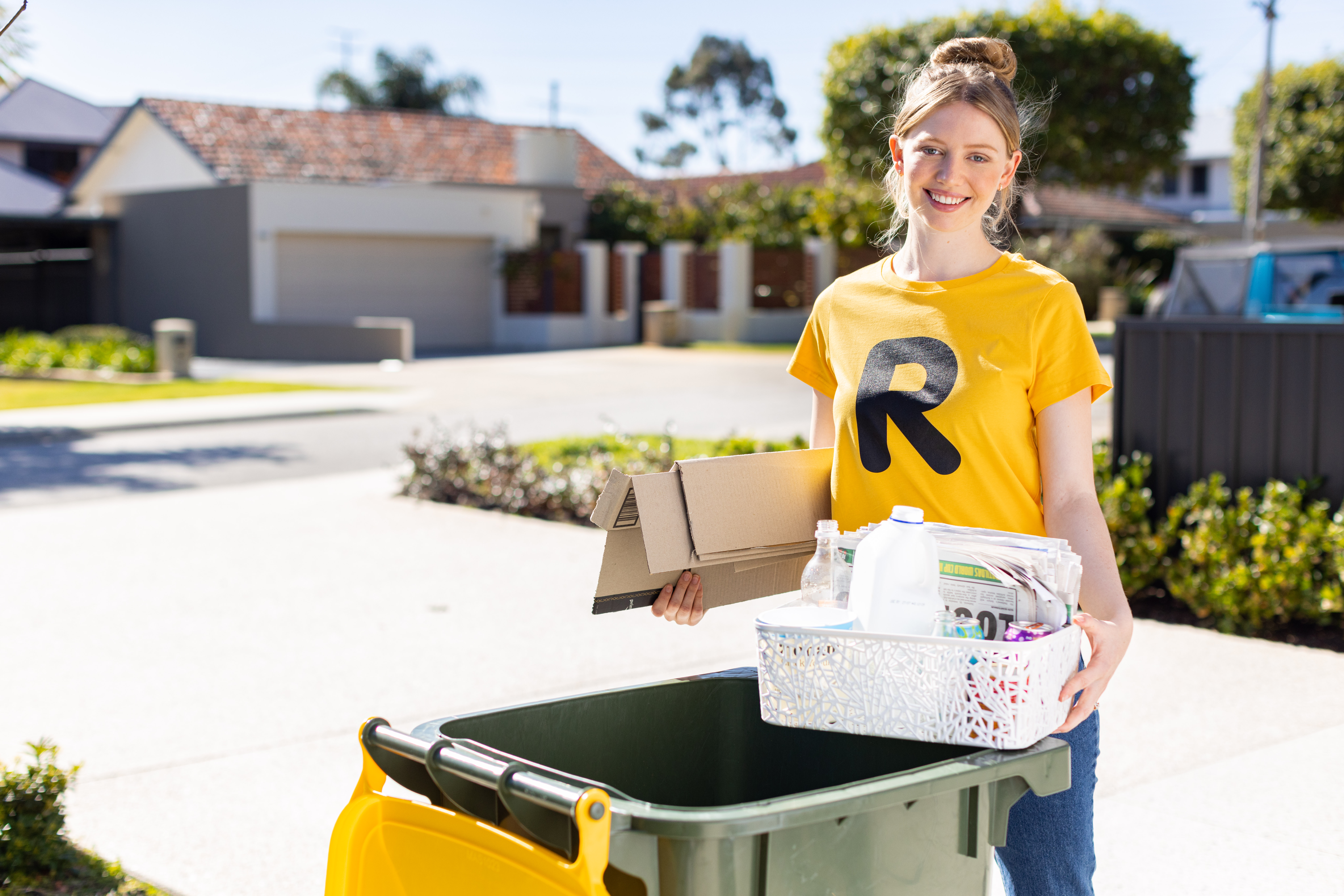
Just because you’ve heard it can be ‘recycled’, doesn’t mean that it automatically goes into your kerbside recycling bin at home. But GREAT Sorts know they can do better than the bin and get those items to the right place.
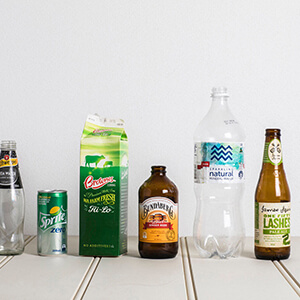
You can put glass jars and bottles (even the broken ones), as well as tins and cans made of aluminium or steel into your yellow recycling bin.
Always make sure they are loose (not in a bag or box), rinsed and bigger than the size of your hand. Metal lids are OK for your kerbside recycling bin, however, you'll need to pop any plastic lids in your general waste bin.
Paper and flattened cardboard can also be placed in your yellow lid bin. Shredded paper is unfortunately too small to be recovered at the other end, so this needs to be placed in your general waste bin — or better still, add it to your compost heap or worm farm.
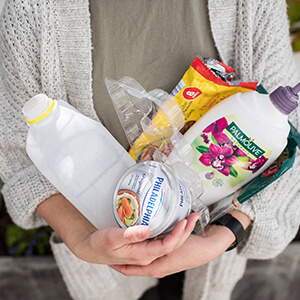
Plastic bottles and containers,plastics such as milk bottles, yoghurt containers, fruit and vegetable punnets, and sauce bottles can be placed in your yellow lid recycling bin. Always make sure they are loose (not in a bag), clean and bigger than the size of your hand. You'll need to pop any plastic lids in your general waste bin, or take them back with their eligible containers to your nearest Containers for Change collection point.
Soft or "scrunchable" plastics should be placed in your general waste bin. This includes cling film, food packaging, plastic bags, cellophane, gift wrapping, bubble wrap and even potting mix bags.
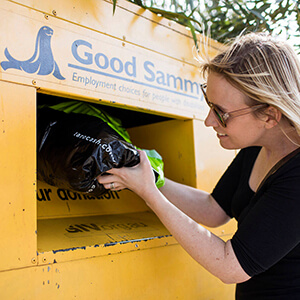
Avoid placing clothing, other textiles and shoes in your general waste bin.
If they are good enough for a mate, they are good enough to donate. Gifting your unwanted clothes and shoes is a great way to keep them out of landfill and give them a second life. Search for your local Buy Nothing Group on Facebook to rehome locally, or consider donating to a local op shop. You can also sell your unwanted clothing at garage sales and via online swap and sales sites. For other ideas take a read of our article about what to do with clothes that aren't good enough to donate.
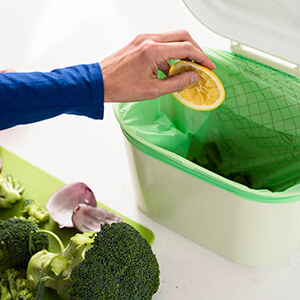
If you have a FOGO bin, you can put your food scraps in there — remember to remove any packaging before you add your food waste to your FOGO bin.
If you don't have a FOGO bin yet, there are many easy ways to compost at home.
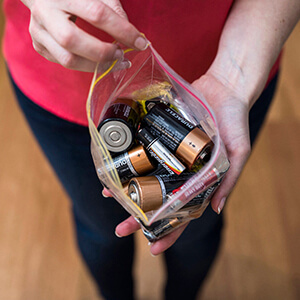
It’s important that you never put these items in your household bins!
Batteries contain hazardous material which we want to keep out of our landfill. But even more importantly, batteries are a fire risk for waste trucks and recovery facilities, putting drivers, workers and the community at risk . The good news is there are more battery collection points than ever, found at many local supermarkets.
Printer cartridges are 99 per cent recyclable so we also want to keep these out of landfill too. Many places that sell new printer cartridges also accept them for recycling – bringing your old empty cartridges doesn’t only help you buy the right replacements, it also makes it easy to recycle right.
Find your nearest drop off location and drop before you shop!
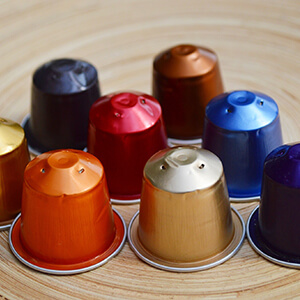
Because of their size and the grounds inside, coffee pods cannot be recycled through your kerbside bins. Do better than the bin and collect and recycle them through a dedicated scheme. The best thing you can do is to explore other ways to get your perfect caffeine brew.
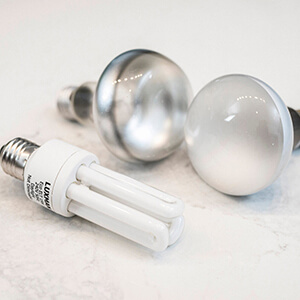
These items are classified as household hazardous waste and need to be recovered via a specialist program (never through your kerbside bin collections or vergeside pick-ups). Find your nearest drop off location here.
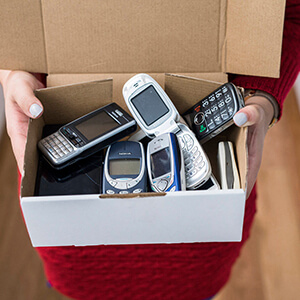
Our tech contains a wide range of precious resources, but to help them get to the right place you have to do better than the bin. Some local governments hold regular e-waste collections or have community transfer stations for old or broken TVs, computers, mobile phones and some other electrical appliances. Get in touch with your local council or use the handy Recycle Right search tool to find your nearest. will be able to provide advice on the best way to recycle these items locally so check their website for advice.
Some charity shops or second-hand resellers have test and tag checks, which means you can pay forward your working appliances. It’s always best to check ahead before you donate.
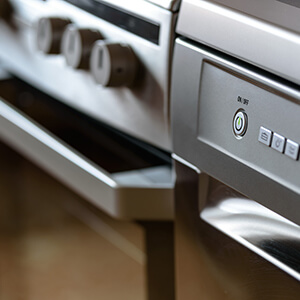
Bulk hard waste is anything too large to fit into your regular bins. Most local councils provide scheduled collections or will provide a skip bin or pre-booked verge collection. Before throwing anything out, consider whether it could be reused or recycled. Many items can be donated to charities, gifted to your local Buy Nothing group or sold second-hand.

Most local councils will collect these mattresses as part of their bulk hard waste collections or Soft Landing, a local award-winning company, will come and collect old mattresses for recycling, for a fee.

Maintaining your tyres properly will make them last longer – less waste and less dollars! Maintaining correct tyre pressure, having regular wheel alignments and keeping your brakes and suspension in order all extend the life of your tyres.
When you do have to change them, ensure that your mechanic or tyre supplier is a Tyre Stewardship Accredited business which means your old tyres will be recycled and disposed of in the most environmentally friendly manner.
Check out the Recycle Right app. It’s got an A-Z of what goes in each bin to help maximise your recycling efforts.

If you’ve ever tried to declutter your place, you may have found yourself a little unsure about where to find the best homes for your pre-loved items.
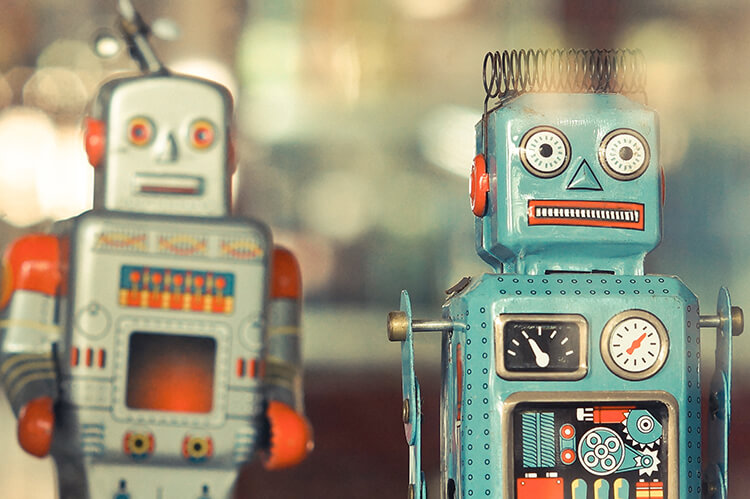
Toy libraries are the perfect way to give kids access to new toys without having to amass stockpiles of plastic and difficult-to-recycle electronics. Find out what they are and where your nearest one is in Perth and surrounds.
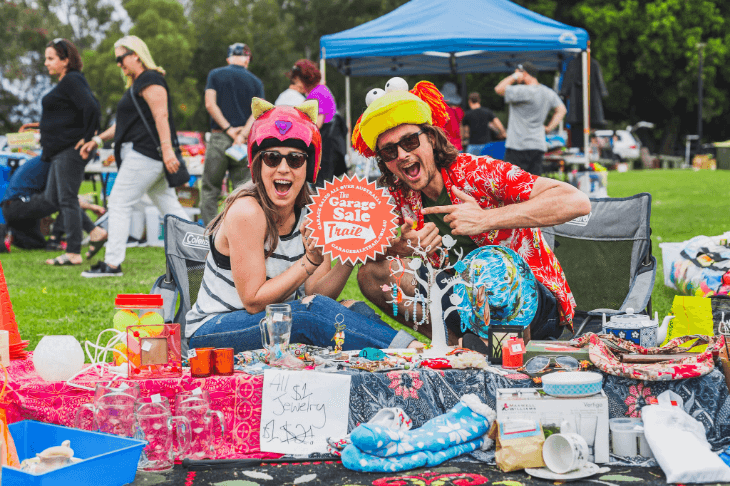
Why selling and shopping on the trail will help you to reduce your waste.